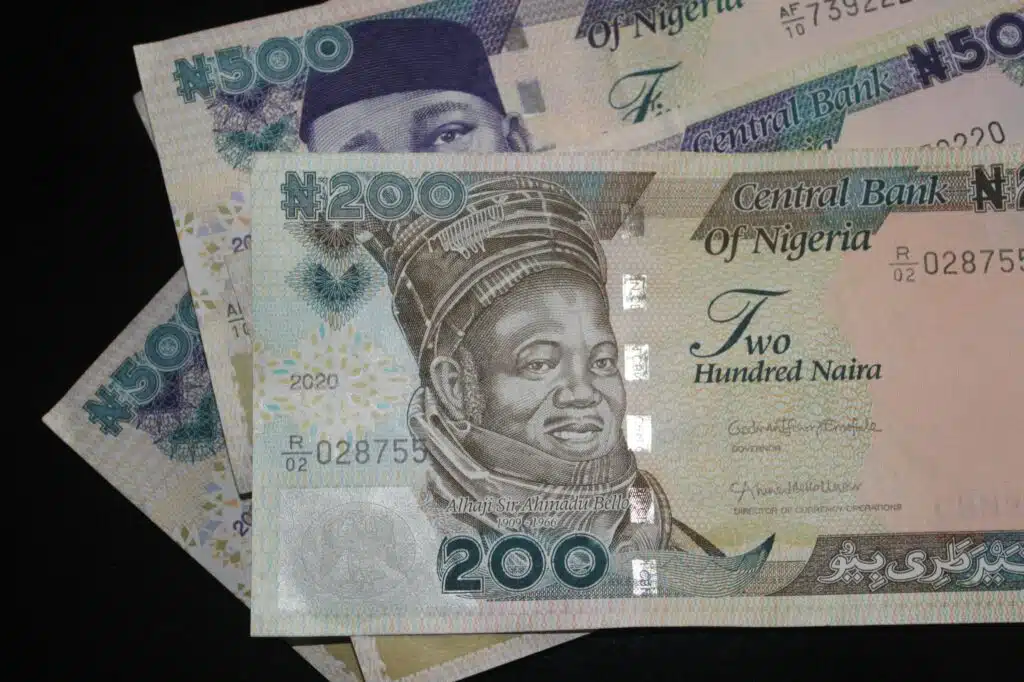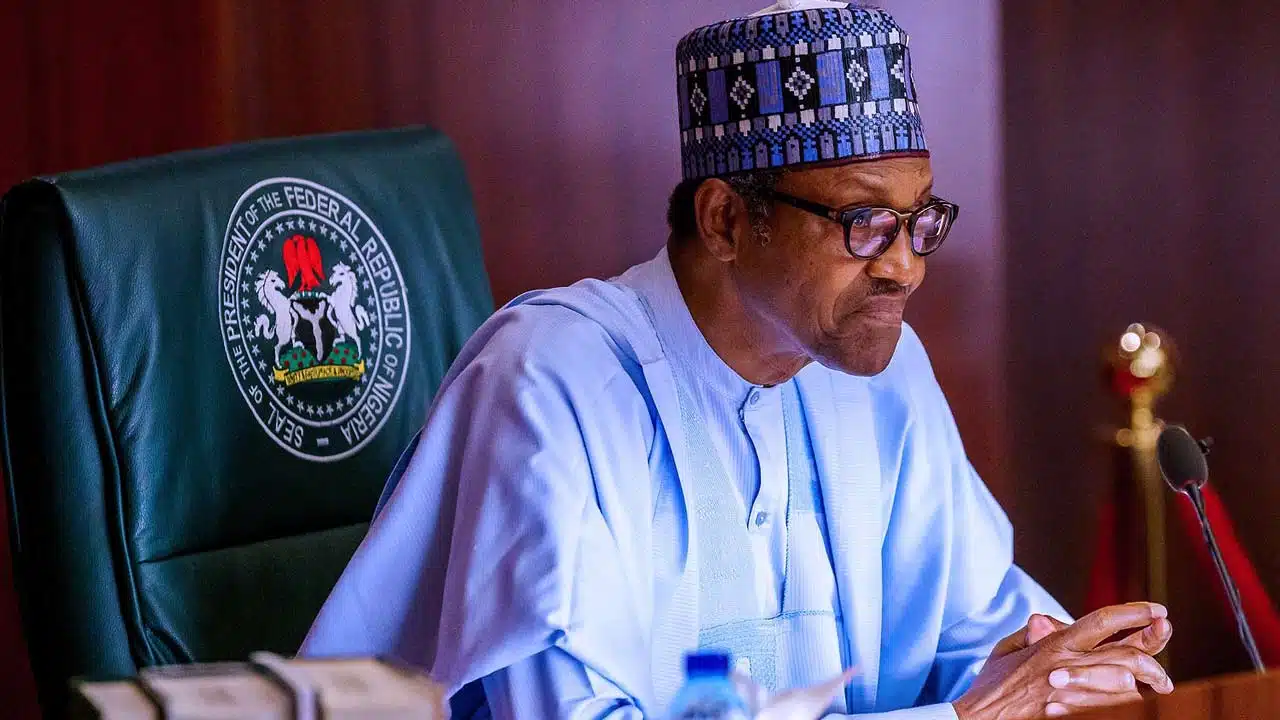Muhammadu Buhari, twice Nigeria’s president between 2015 and 2023, has died, aged 82. Former presidential spokesman Garba Shehu revealed this on Sunday afternoon in a statement.
Since the announcement of his passing, much of the conversation has swirled around his political legacy, but his impact on Nigeria’s tech ecosystem is also worth examining.
As president, Buhari presided over the golden age of Nigeria’s tech ecosystem, with startups going from a couple million in his first year in office to raising over a billion dollars by 2022. At least three unicorns were born during his tenure, but one gets the feeling startups thrived in spite of his government rather than because of it.
From a Twitter ban to the signing of the Startup Bill, this is Muhammadu Buhari’s tech legacy.
The era of bans

A directive by the Central Bank of Nigeria stopping commercial banks from facilitating cryptocurrency transactions was a defining moment for the Buhari administration. The ban came amid a surge in cryptocurrency usage and forced many startups, some of which had raised capital from investors, to pivot their operations.
In response, many users pivoted to peer-to-peer (P2P) transactions, effectively working around the ban but increasing risk and reducing transparency. By the time the ban was lifted, some startups had come perilously close to shutting down while others had their accounts frozen by the government.
In June 2021, President Buhari posted a tweet threatening punishments for regional separatists in the country.
“Many of those misbehaving today are too young to be aware of the destruction and loss of lives that occurred during the Nigerian Civil War. Those of us in the fields for 30 months, who went through the war, will treat them in the language they understand,” he wrote.
Twitter deleted the post shortly after, a move that didn’t go down well with the Nigerian government. A few days later, the social media platform was suspended indefinitely in the country. The ban lasted seven months, drawing widespread condemnation from citizens and civil society.

Victoria Fakiya – Senior Writer
Techpoint Digest
Stop struggling to find your tech career path
Discover in-demand tech skills and build a standout portfolio in this FREE 5-day email course
Not only did it stifle free expression, but it also dealt an economic blow to the country. The economy reportedly lost over ₦100 billion during the ban. Startups and small businesses that relied on Twitter for customer service, marketing, and engagement were also disproportionately affected.
Japa wave

Few trends define the instability that accompanied the Buhari years like the japa wave, which saw thousands of Nigerians leave the country.
While migration is hardly a new phenomenon for Nigerians, this was a remarkable reversal from the trend in the early 2010s that saw Nigerians across the world return to the country amid a wave of optimism.
Startups were hard hit as employees at all levels left the country in record numbers, seeking better pay, political stability, and opportunities to grow. For startups that had begun seeing competition for local talent from tech companies outside the continent, the loss of talent was severe. Startups were not the only ones affected by this, with banks often losing their best hands to the japa wave.
Naira redesign and cash crunch

One of the most disruptive economic decisions toward the end of Buhari’s tenure was the 2022–2023 currency redesign, supposedly intended to reduce corruption, curb inflation, and accelerate the move to a cashless economy. Old ₦200, ₦500, and ₦1,000 notes were withdrawn from circulation, and new ones were introduced quickly and with little preparation.
What followed was a severe cash shortage that hit individuals, SMEs, and fintech platforms alike. With ATMs empty and mobile platforms overloaded, trust in digital infrastructure eroded. Banks experienced record transaction failures and customer complaints.
While it can be argued that the chaos indirectly pushed digital adoption, with startups such as OPay and PalmPay gaining mainstream adoption, the currency redesign underscored how policies, when poorly executed, can harm both the informal economy and the formal tech sector.
eNaira

In late 2021, the Buhari administration launched the eNaira, Africa’s first central bank digital currency (CBDC), marking a bold, if not controversial, step. Touted as a way to promote financial inclusion, boost remittances, and reduce cash dependency, the eNaira generated excitement among policymakers.
But on the ground, uptake remains sluggish. The user experience was clunky, integrations were limited, and public awareness was low. Startups and fintechs showed minimal interest in building on top of it.
The rollout also raised questions about priorities: why focus on a CBDC while simultaneously restricting cryptocurrencies? Ultimately, the eNaira was emblematic of the Buhari-era disconnect between innovation and implementation.
Open banking

Open banking will hopefully go live in August 2025, but its roots were laid during the Buhari administration. After years of advocacy from fintechs and ecosystem leaders, Nigeria’s Central Bank approved the framework for open banking in 2023, setting the stage for data sharing between banks, fintechs, and third-party providers.
The move is widely seen as a potential game-changer, enabling more personalised financial products, improving credit scoring, and deepening financial inclusion.
Although the framework came late in Buhari’s administration and rollout is still ongoing, it marked a rare policy win for the Daura native.
A rare act of innovation

In one of his final acts as President, Buhari signed the Nigeria Startup Bill into law. The bill, which had been driven by a coalition of tech industry professionals and policymakers, sought to create an enabling environment for innovation.
It offered a framework for tax incentives, regulatory support, and easier access to funding and public procurement opportunities for startups.
While proponents of the Act saw it as a necessary step to provide policy support for the tech industry, critics pointed to an uncertain policy landscape as a bigger issue for the administration. Regardless, it was widely hailed as a landmark decision.









